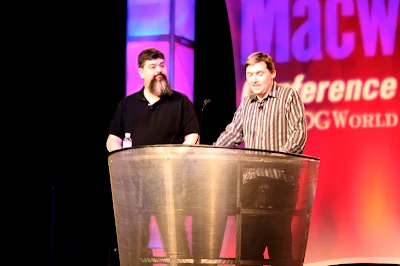
Material on which Amazon released a very comfortable margin of 48%: for a little over three years, the bookseller hybrid business model to be closer to that of Apple. The next step, which should confirm this transition, the tablet will Kindle, announced by the rumor and, as it confirmed by Jeff Bezos. While Apple's closed ecosystem with software and services, Amazon goes in the opposite direction and will close with hardware ... Android. Amazon has not cluttered with the creation of an OS in a few months, it has privatized virtually a third OS to be able to offer almost a clean version.
Amazon was a partner in the first hour of Google: the couple face + iTunes iPhone, the firm of Mountain View has used Amazon as a content provider for Android Smartphones. Amazon MP3 application, installed on all or most Smartphones Android and not far from impossible to remove, serves as equivalent of the iTunes Store.
Amazon obviously has its own applications on Android, but the company goes further in recent months, it operates its own application store for Android. The Amazon AppStore, it is called, is a true rival to the Android Market: it has a mechanism of editorial control, offers a free daily application fee, and even allows testing applications directly into the browser through an Android emulator!
Amazon has enough weight to have managed to bend the AT & T, which ultimately allowed the installation of third-party shopping for Android users can download the Amazon AppStore. Google is certainly a well-known brand in the United States and elsewhere, but Amazon is less familiar and has the advantage of being established for a long time. Kindle said the company's presence in the material, while the family is eclipsed by Nexus brand Droid operator Verizon. At the selection on the eve of the holiday season, Amazon could buy up the ante with a shelf under a Kindle Android in which it is deeply integrated.
A tablet may be the best competitor of the iPad, but also, paradoxically, its greatest ally against the other tablets Android - found the game at three music stores. Amazon certainly seems to be the worst enemy of Apple...





